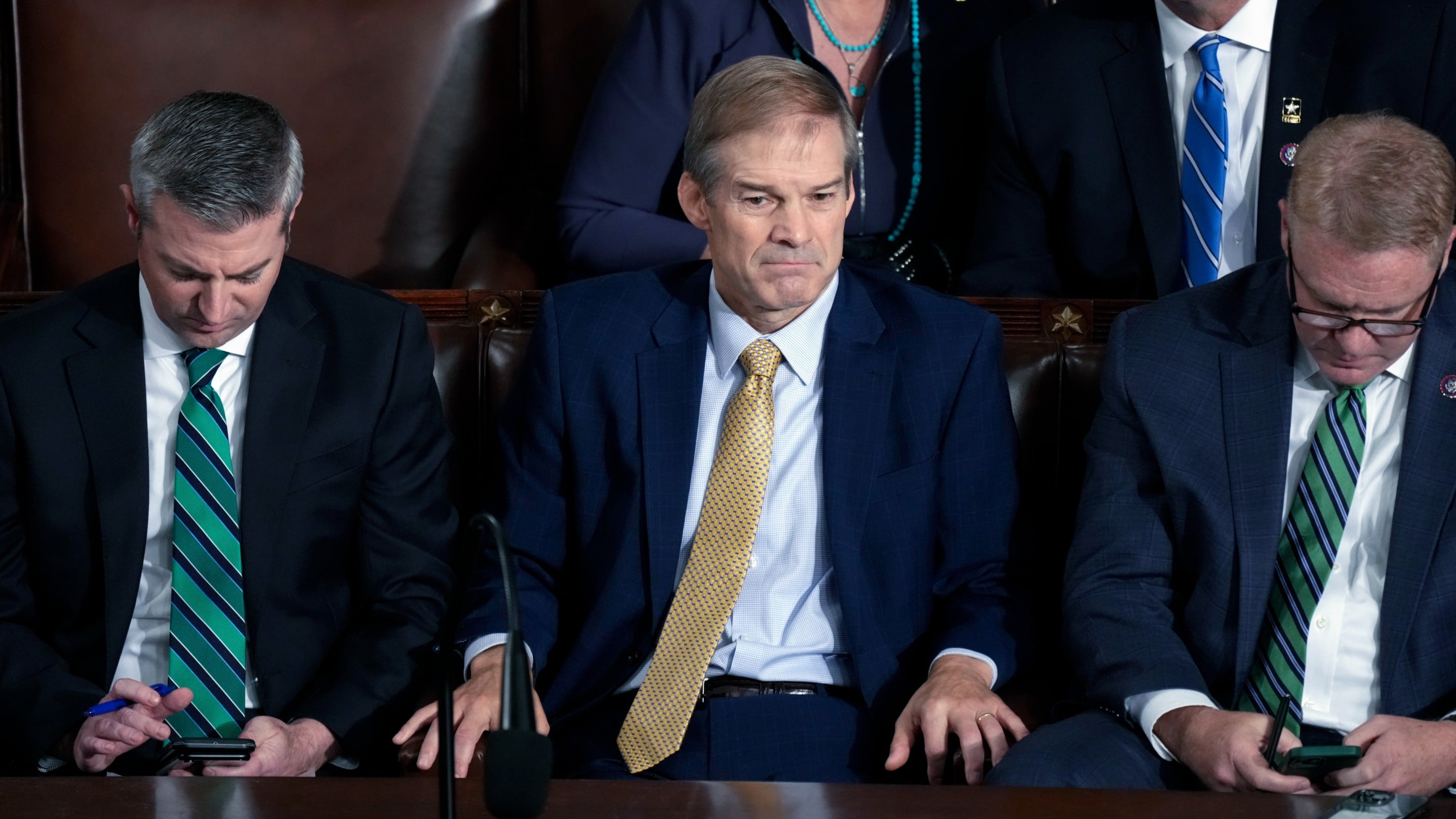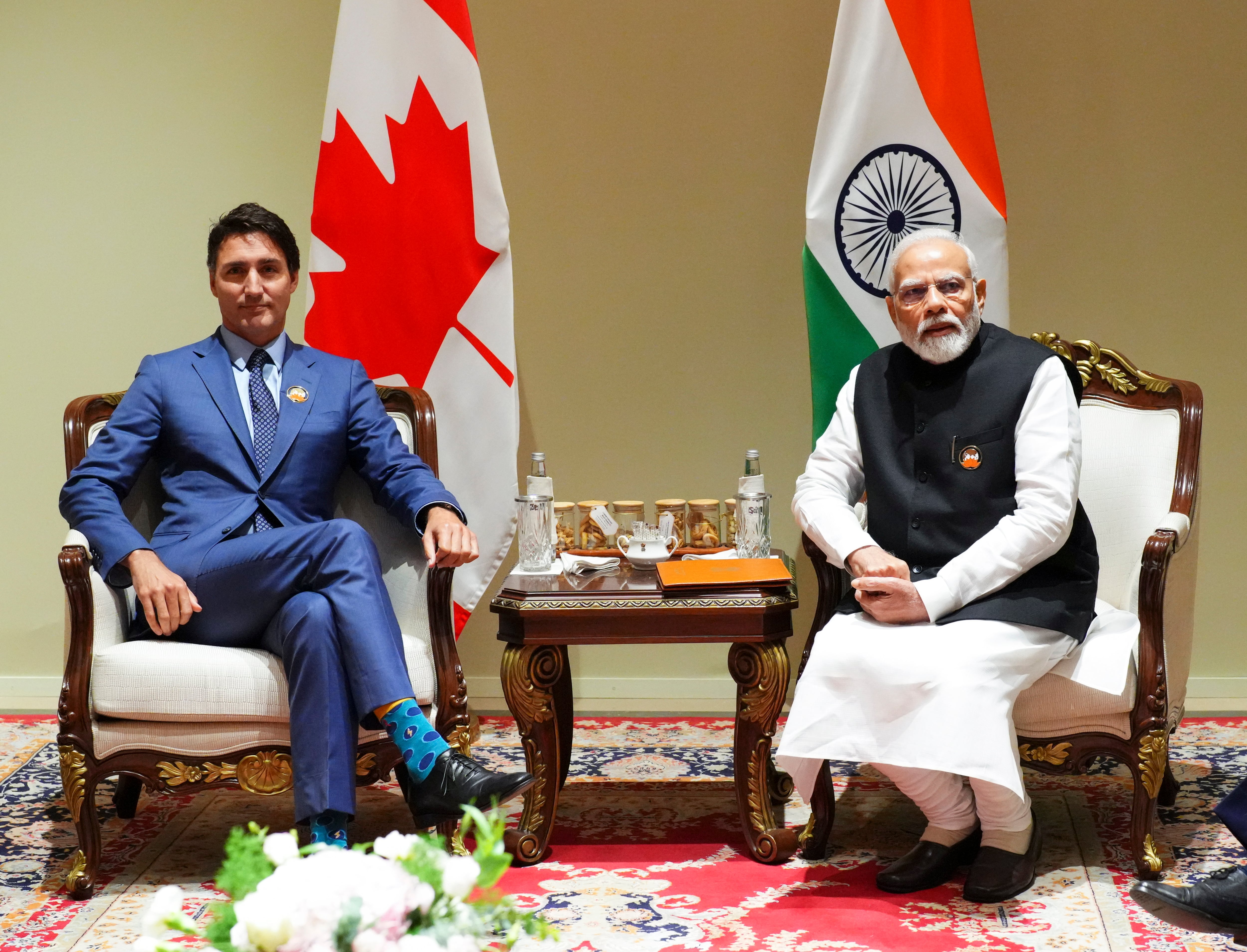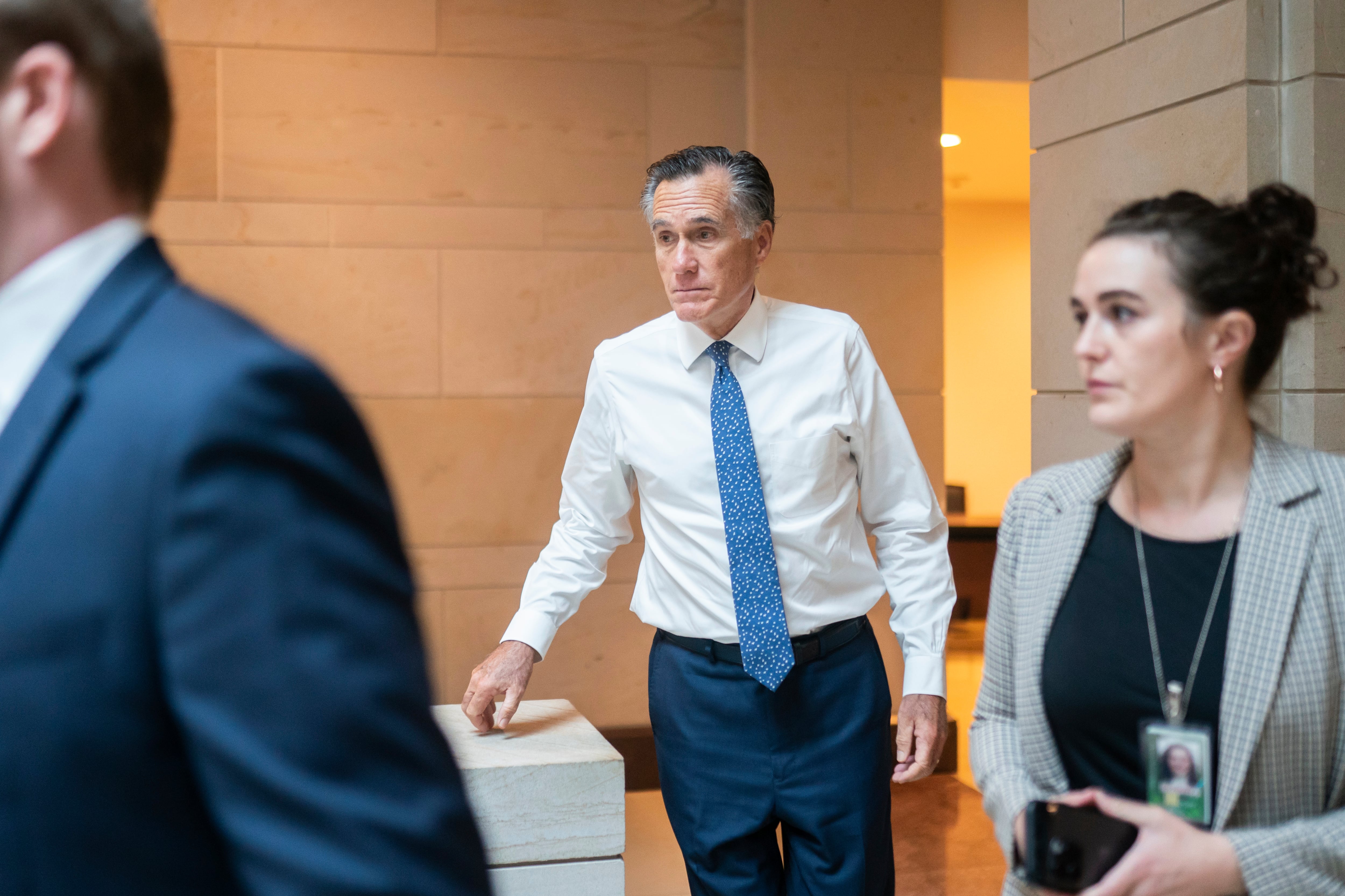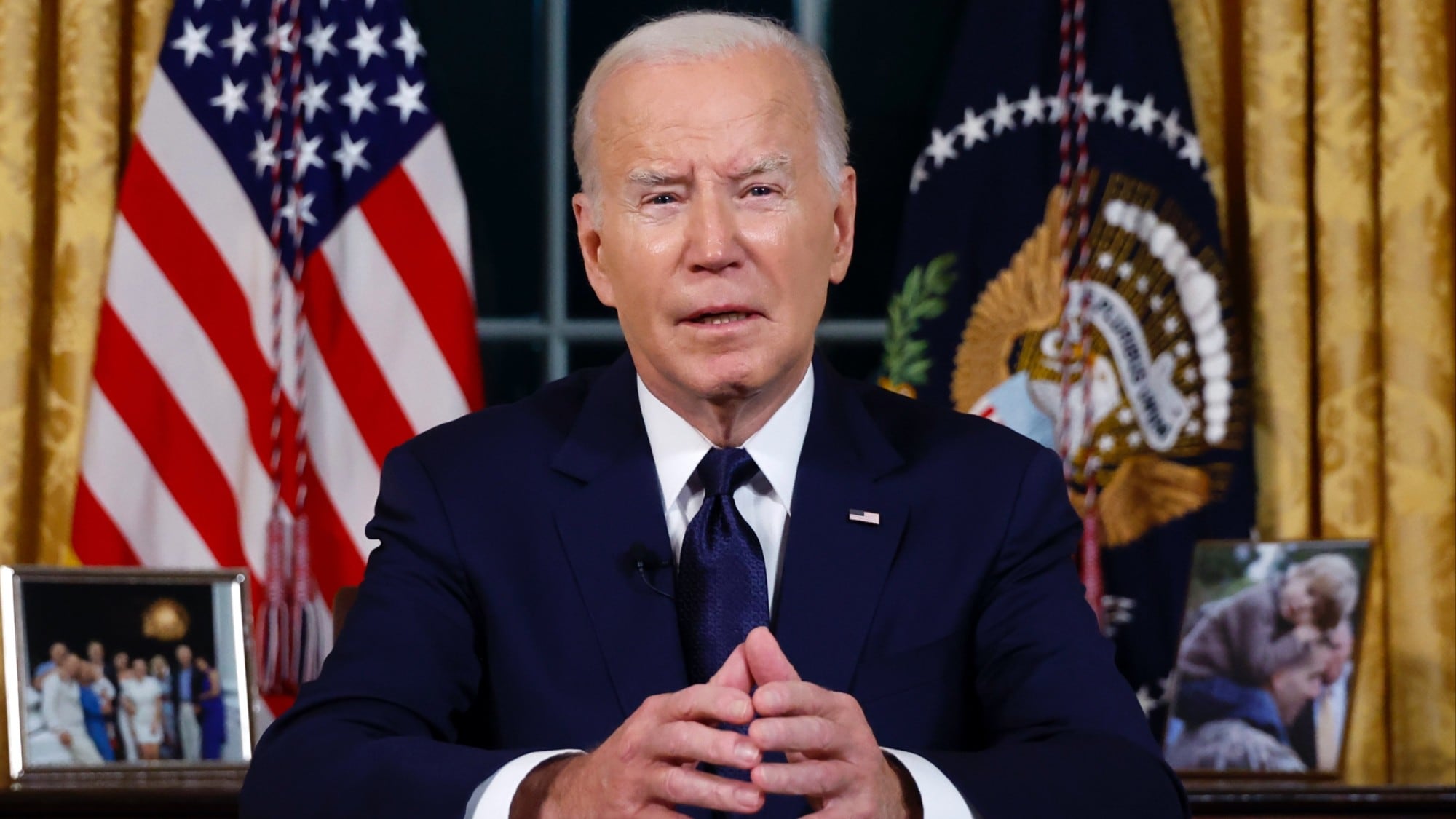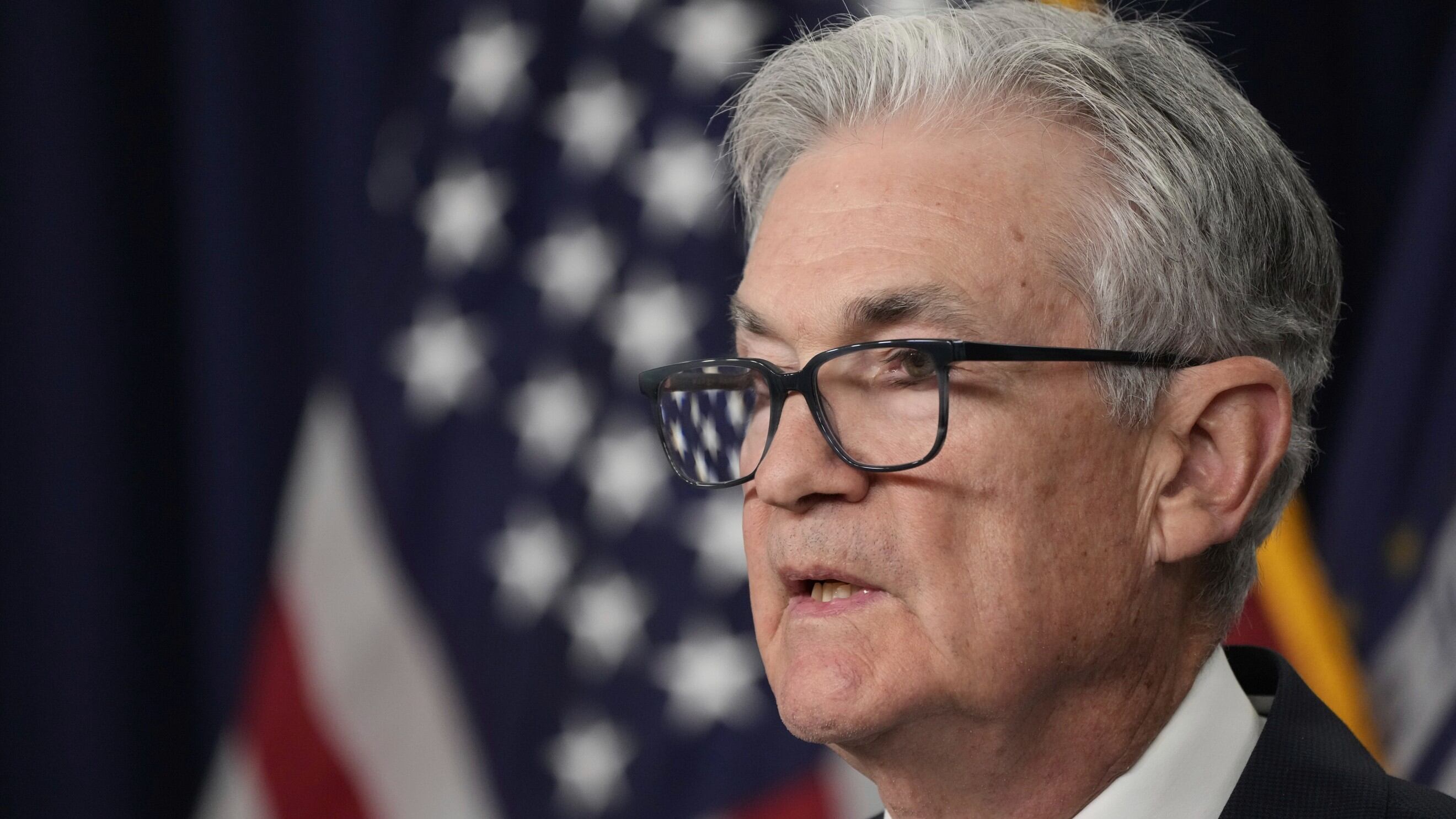President Trump reportedly ordered the firing of Robert Mueller over the summer but reversed course after the White House special counsel threatened to resign. That's according to a recent report in the New York Times. Fordham University Law Professor Jed Shugerman explains the potential legal ramifications of these revelations.
"This now becomes part of a longer timeline for Mueller," said Shugerman. "The statue that covers obstruction of justice depends upon proving that there was a corrupt intent. So the more events that show a corrupt intent the stronger the case would be."
Former White House Communication Director Anthony Scaramucci took to Twitter, tweeting "...@POTUS should be able to have a private conversation with WH Counsel without the content being leaked." Shugerman says presidents can have private conversations, but they cannot conspire to commit felonies.
Republicans dropped Rep. Jim Jordan on Friday as their nominee for House speaker, making the decision during a closed-door session after the hard-edged ally of Donald Trump failed badly on a third ballot for the gavel.
Canada has removed 41 of its diplomats from India as tensions rise between the two nations.
Mitt Romney said he believes right-wing media is the reason for the radicalization of the GOP party.
An Army private who fled to North Korea before being returned home to the United States last month has been detained by the U.S. military, two officials said Thursday night, and is facing charges including desertion and possessing sexual images of a child.
Israel bombarded Gaza early Friday, hitting areas in the south where Palestinians had been told to seek safety, and it began evacuating a sizable Israeli town in the north near the Lebanese border, the latest sign of a potential ground invasion of Gaza that could trigger regional turmoil.
The Justice Department has secured a $9 million settlement with Ameris Bank over allegations that it avoided underwriting mortgages in predominately Black and Latino communities in Jacksonville, Florida, and discouraged people there from getting home loans.
Israel pounded the Gaza Strip with airstrikes on Thursday, including in the south where Palestinians were told to take refuge, and the country's defense minister told ground troops to “be ready” to invade, though he didn’t say when.
Addressing the nation from the Oval Office, President Joe Biden has made his case for major U.S. backing of Ukraine and Israel in a time of war.
Federal Reserve Chair Jerome Powell said Thursday that inflation remains too high and that bringing it down to the Fed's target level will likely require a slower-growing economy and job market.
Despite deepening opposition, Rep. Jim Jordan is expected to try a third vote to become House speaker, even as his Republican colleagues are explicitly warning the hard-edged ally of Donald Trump that no more threats or promises can win over their support.
